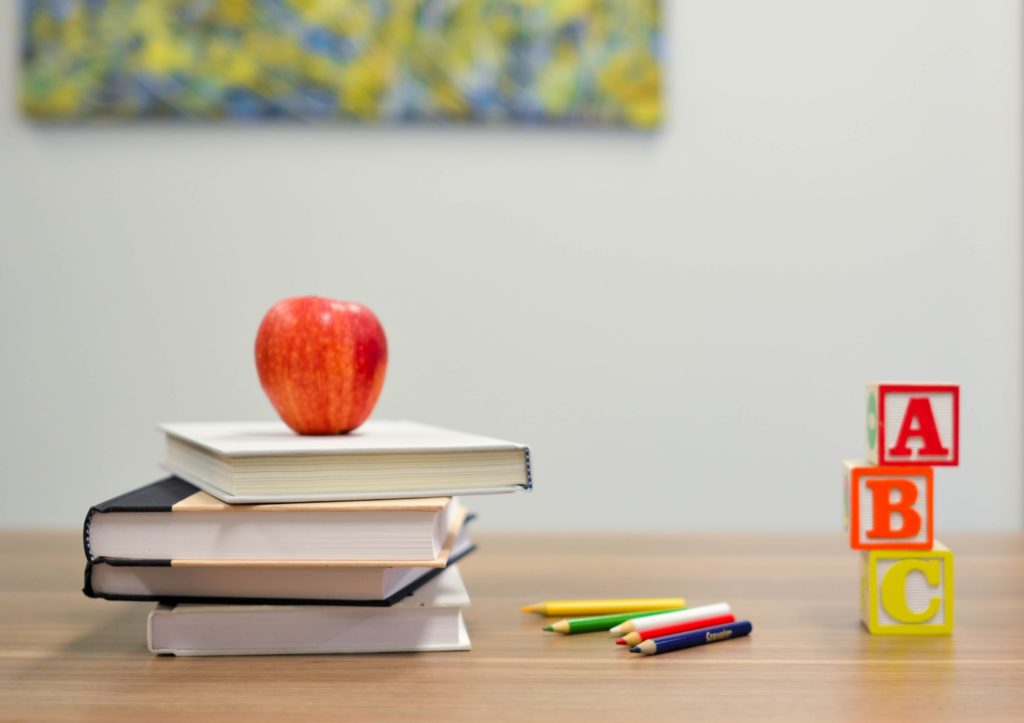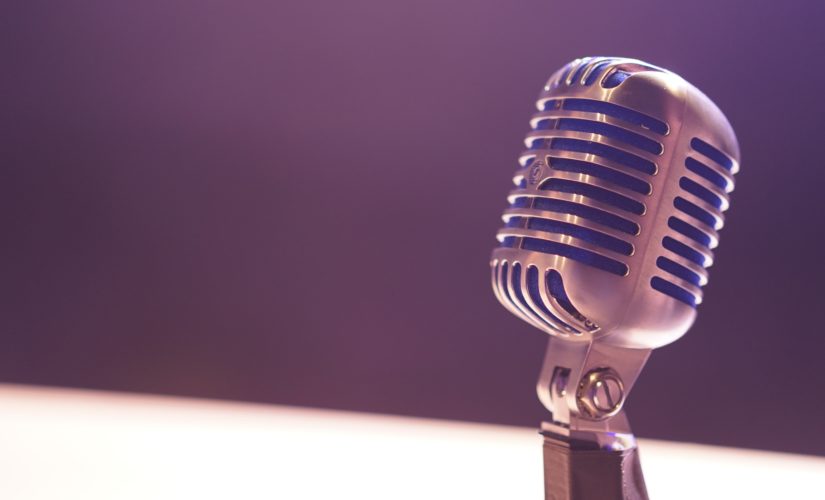I came across Daniel Mackler first time around year 2015-2016 when I found his online article about the qualities of a good therapist.
As I’ve been already involved in a psychotherapy world, his views and beliefs about therapy, therapists, healing, trauma and parenting spoke to me instantly. Since I’ve moved to London a few years ago and my level of English improved, I could understand better Daniel’s Youtube videos. I got in touch with him through email. Daniel lives in New York and agreed to answer my 8 questions.
Daniel worked for 10 years as a psychotherapist in New York City. Currently he is a musician, filmmaker and writer.
Ani: Why did you stop working as a psychotherapist? (I know there’s a video where you mention about six reasons why you quit. I wonder if those reasons has changed or if you can add something to that?)
Daniel: I wouldn’t say my perspective on why I stopped being a therapist has changed so much since I made that video. Basically, overall I felt like I wanted to do other things with my life — needed to, in fact — and for me being a therapist was a wholly consuming profession. Many people have said (especially since I made that video), why didn’t you just: 1) see fewer clients? 2) work with fewer really troubled clients? 3) stop taking low-paying insurance and work more (or entirely) with fee-paying clients? 4) charge more money? My answer to these questions is that that wasn’t the reason I became a therapist. My personal ethic was that I never wanted to turn away clients, so if someone wanted to work with me and I thought there was a chance that I might be useful to them, I took them on as a client, and I adjusted fees to their ability to pay. What that translated to in reality was that I ended up working with a lot of people whom other therapists did not want to work with — people who were poor and people who were quite traumatized. And there are so many people like that who just get turned away by therapist after therapist. They get labeled as “impossible” clients, they get labeled with supposedly intractable diagnoses like schizophrenia and borderline and bipolar and this and that, told that only meds and hospitals can helps them. I find that a very troubling fact about the mental health field. So I felt good that I was able to be useful, and in some cases very useful, to people like this — who had so often experienced rejection and frustration repeatedly by the very profession that was tasked to help them. The end result for me, though, was that I became more and more exhausted! That’s not to say I didn’t love my job, because I did — it was truly a wonderful job — but it did make it a lot harder. I didn’t practice using force on my clients (force hospitalizing them, pushing them toward meds), but because of that I ended up having to really engage my therapeutic skills in a most intense way with a lot of people who most therapists didn’t want to go near. I certainly learned a lot, a huge amount, but toward the end of my ten years it really made me long for a freedom where I could just focus on a less intense lifestyle and less intense work — and also where I could focus more on healing me, on having fun, on relaxing, on not having such responsibility for others and their healing paths. Also, I am proud to say that I never did follow the conventional path of working largely with less difficult clients who could pay more. I would say that a far majority of therapists (especially in private practice) strive to do this, and in terms of running a business it’s a good business model, but it wasn’t for me. Other people have said, “But instead of still being able to help some people, you quit entirely, and that’s not good.” Well, I disagree. From the moment I quit being a therapist and up to the present day I use my therapeutic skills and experience in other ways — such as by making documentaries about the subject matter I’d learned, and also creating a Youtube channel, and through this and through other media publicly sharing what I’ve learned and am still learning. And all of this has reached a lot more people than my therapeutic practice ever did. And while it isn’t exactly therapy, from the feedback I’ve gotten it has been therapeutic to a lot of people.
Ani: What do you currently do in terms of your work and other significant projects?
Daniel: These days I do a few different things to make money. For the last couple of years I have done professional video editing as my main income (mostly mental health stuff but also in the arts), but I also sell the books I’ve written, sell some music I’ve recorded, give lectures (mostly about recovery from psychosis without meds), and occasionally do other things, like film screenings, etc.. In terms of personal projects, my main things I do are create Youtube videos and travel the world. At the moment I want to see as much of this planet as I can. I travel super-low budget, and try to live with local people whenever I can, which is a lot. It’s a real education, where life is my classroom.
Ani: What do you think about group therapy? Are there any advantages over personal therapy?
Daniel: I tried group therapy once as a client. It was not a good experience for me. I felt no one in the group understood me, and the group therapist was much more on the other group members’ wavelengths than on mine. So I quit. I’ve done a bit of group therapy as a therapist too, and felt mixed about it. I did this early on in my therapy experience, in my three social work internships. I think it may have been helpful to some clients and probably neutral to most, as I don’t think I was particularly good as a group therapist, and I don’t feel any of my co-therapist leaders were particularly good either. I never felt it was my calling. I can imagine, however, that it could theoretically be excellent, and I know some people who say they’ve benefitted a lot from it, especially from hearing others’ stories and being able to share and gain empathy in a moderated group setting. I think a huge part of it depends on the quality of the group leader. And I’m guessing there are probably some really gifted ones out there. But I’m also guessing they are rare. To this end, I’ve known quite a few group therapists over the years, and one thing I’ve seen is that a lot of them seem to have a propensity for being cult leader types. They like being the guru of the therapy group, and the clients are their cult. They get gratification from being the “voices of reason and truth,” and they love having that built-in audience. So that makes me wary — especially when I’ve seen how emotionally deficient they are as people. Often their strongest personal quality, by far, is their charisma. This said, though, before I became a therapist I did find a lot of value in Al-Anon, the twelve-step group for families of alcoholics. For a couple of years it was very valuable to me (and I went every day), and I made some good friends there and did a lot of growing. I loved witnessing the group dynamics and I learned a lot from listening to others — and having the chance to share and explore myself publicly. However, eventually I got tired of a lot of Al-Anon’s principles, and the Twelve Steps too — basically, it no longer worked for me after a certain point, so I left. It had some culty sides too — and that wasn’t even group therapy, because there was no therapist in charge. The members, at least technically speaking, were all equal.
Ani: Do you think it’s possible to heal ourselves to the point that we will be able to become good enough parents?
Daniel: Hmm, I don’t believe in the “good-enough” parent concept. I wrote an essay about that on my website. I think that concept panders to the idea that parents can be somewhat traumatizing to their kids and that their kids will still come out “okay” — or worse yet, even “better” because of the mild trauma. And I don’t buy that. My experience is that when parents have unresolved trauma of their own they will pass it on to their children one way or another, and this is flat-out harmful. Granted, if the parents are more traumatized they’ll pass on more, and the less traumatized parents will pass on less. Obviously less is better, but to me that doesn’t make it “good enough.” Here’s a link to the essay I wrote on this (originally in 2006 or so): http://wildtruth.net/the-good-enough-mother-not-good-enough/. I also wrote about this in my book “Toward Truth.” Meanwhile, to answer your question in a different way, do I think it’s possible for us to heal our traumas entirely? I would say yes to that one. And I think that would be the key to being non-traumatizing parents. However, I think it’s very hard to heal a lot of trauma in such a traumatized world as ours. I think if we lived in a world where a lot of people were taking great strides to heal their childhood traumas, such that healing trauma became a norm, it would be easier for us to really get closer to full healing. That’s my hope for the future of the world — that this may someday come to pass.
Ani: One of my biggest missions is to create a healthier society by paying attention to how we raise our children (instead of repairing their traumas after they become adults). What is your vision or ideal picture of healthy, conscious parenting? How would you raise your children without traumatising them and allowing them to be themselves? Is it even possible, bearing in mind our sick cultures, environment, politics and collective trauma?
Daniel: Well, I think the real key to creating a healthier society is for individuals to make progress in healing their own historical traumas, and also to share about this with other, and in so doing become role models for others. Through this healing can and will spread, and so will societal health. Also, emotionally healthier people become healthier parents and raise healthier children. That’s not to say that I think people who are largely healthy but still partially screwed up should become parents, even if they would be better parents than others who are more troubled. I think the real goal in life is to heal more, to parent our own inner selves better, and to help others heal more. To me that’s more of a priority than becoming a parent. And to answer your question about “healthy, conscious parenting”: the only way to be a truly healthy, conscious parent is to become a healthy, conscious person — that is, to fully heal one’s own inner traumas. Unhealed traumas, even in small part, block someone from being healthy or conscious.
Ani: What is your opinion about traditional education (schools, universities) vs. alternative education like – self-learning, home schooling, democratic schools (e.g. Summerhill)?

Daniel: I probably don’t have a very good answer about this. Mostly I found school to be an awful experience — free public school in the USA, private university, private graduate school. Bad teachers, restrictive lessons and coursework, lots of boring work done by rote. For me, my life is my education. My work is my education. Travel is education. Nature is my education. If you want to call that school, then this is my home schooling. And it’s been that way for me for a long time. I have always been self-motivated to learn, and that’s worked best for me. In fact, even when I was in school as a kid (and later in college and grad school), I learned far more outside the classroom on my own than in it. As they say, school largely got in the way of my education. Meanwhile, as to Summerhill, I found that pretty repugnant. I read that book by A.H. Neill and he disturbed me. I read one version where he talked a lot about promoting masturbation amongst the kids, and how he as an adult showed his naked body to the young kids for this or that reason, and I thought he was a sick man. (I think later versions of the book edited out some of this…). Later I heard more reports from people who were at that school that it wasn’t such a good place at all. Yes, probably some benefitted, but a lot were harmed. I have a book review on Amazon (that was deleted multiple times, and may presently be deleted) about the book Summerhill, and as the result of that review several former Summerhill students reached out to me and told me of their experienced, and said it was even worse than what I suspected. As to other alternative schools, I don’t know. I am just not a school person. I used school to get degrees and move forward in my life and to get credentials in order to survive and thrive in our troubled and rule-oriented society, but past that I don’t have much good to say about it — except to say that I’m glad that I probably never have to go back to school, not in any form. Meanwhile, as to “home schooling” for kids, and the like, I think it’s a mixed bag. I think it really benefits some, but I think for some kids “home schooling” and “unschooling” is just a chance to parents to neglect their kids, and to end up with unsocialized children who lack a peer group. Complex stuff!
Ani: We are social creature and I believe we are wired to connect and relate to others. What’s sad, that many people don’t seem to have authentic, deep relationships even with one person in their lives. How much do you think we need supportive friends/family around us to thrive and how much we can give this to ourselves?
Daniel: I agree that we as humans are social creatures. We need social connection. I think some people blow this out of proportion into saying we need sex and romance and things like that, which I have learned we do not need in the true sense of the word “need.” And a lot of times people use sex and romance as a substitute for real emotional connection and real intimacy. But we do need love from others, empathy, friendships, caring. We need to be witnessed for who we are. And it feels wonderful for us to provide that true witnessing to others. All of this gives life value. And how to we find these relationships? I know it’s hard for a lot of people, and was for me for many years. I think finding these great friendships is a two-step process. Step One is building a strong and healthy inner relationship with ourselves — living a healthy lifestyle and working out a lot of our traumas. Not easy, but the more we do this the more likely we are to attract more healthy people to us. Step Two is getting out into the world and struggling to find other healthy or health-oriented people — and learning how to be a good friend to others. This is a lot of work as well, and is often very difficult, especially in a world with so many screwed up, shallow, and fake people. But there are a good number of good, true, healing-oriented souls out there — it’s just a question of finding them and developing bonds with them. Also, another part of this question is about getting away from toxic people. In your question you mention “supportive family.” For me, as an adult I ended up finding that my family was much more harmful to me than helpful. So I had to get away from them. I have no supportive family — at least biological family. And that has been fine for me. I just had to find friends. And they, in a sense, became my real family — my family of choice.
Ani: I know what your view about forgiveness is and I fully agree with that. What do you think about forgiving ourselves?
Daniel: Forgiving ourselves — hmm. I think this implies that we have done something to harm ourselves that we have to own and acknowledge, and that we have to change our behavior, and help ourselves heal from it. And to grieve the losses we have incurred as the result of the harms we have caused. We have to resolve the traumas that we may have participated in inflicting on ourselves. If you want to call that “forgiving ourselves,” then I’d go along with it, but I guess the ways I phrase it that are more to my liking (especially because I feel that whole concept of “forgiveness” has become so tainted to me because of the ways in which people interpret it) are: learning to love ourselves again, learning to parent ourselves properly, taking responsibility for our emotional healing process, learning about how our self-destructive and other-destructive behavior resulted from our own unresolved childhood trauma, and ultimately devoting our lives to healing our buried childhood trauma — in order to dry up all our destructive behavior at its source. To me these ring more true and more clear than “forgiving ourselves.”
To find out more about Daniel Mackler and his current publications follow his:
youtube channel: https://www.youtube.com/user/dmackler58
website: http://wildtruth.net/














